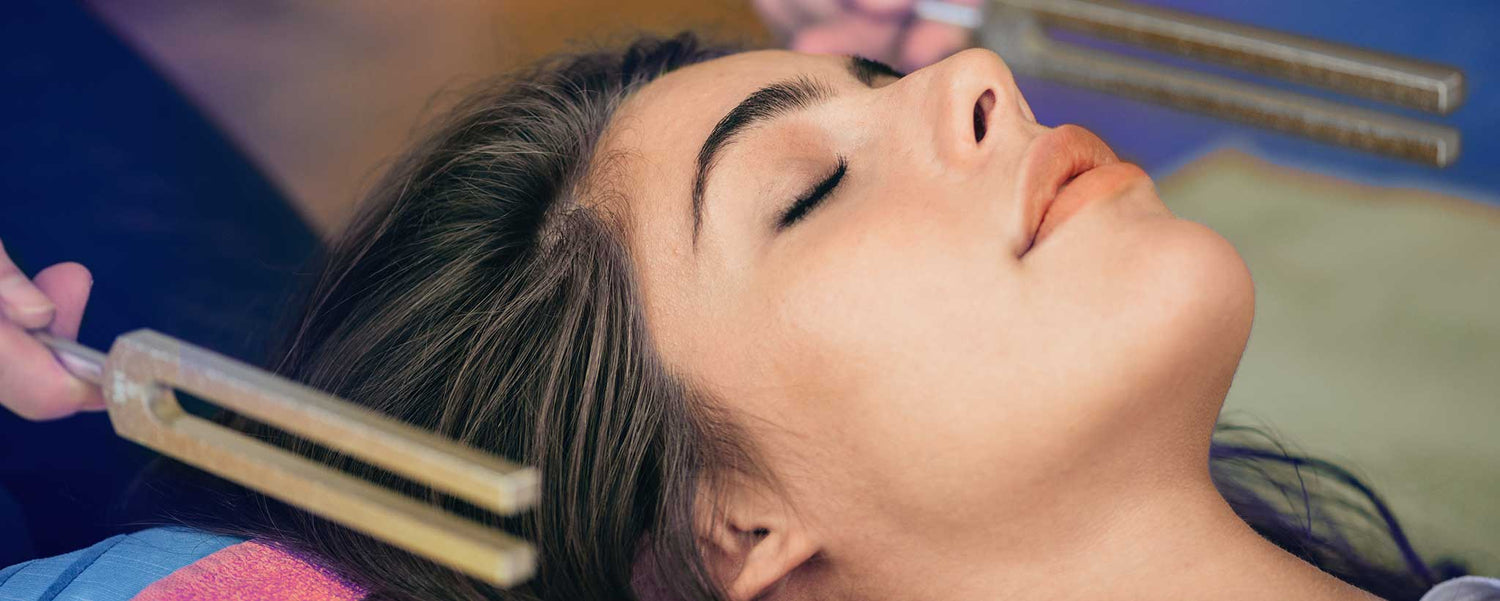Tinnitus is the perception of sound when no actual external noise is present.
Tinnitus Definition
Tinnitus is often described as a ringing in the ears. It also can sound like roaring, clicking, hissing, or buzzing. There is currently no scientifically-validated cure for most types of tinnitus.
It is not an ailment in itself. Rather, it is symptomatic of an underlying cause. It differs from a similar condition called hyperacusis. The latter is an acute sensitivity to certain frequencies of external sound, whereas tinnitus is the perception of sound within your auditory canal.
While reading this article, you may pronounce tinnitus as either tin’nitus or tini’tis. Either is correct, though emphasis on the second syllable is more common.
Causes of Tinnitus
- Hearing loss in older people
- Exposure to loud noises
- Ear and sinus infections
- Heart or blood vessel problems
- Meniere’s disease
- Brain tumors
- Hormonal changes in women
- Thyroid problems
- Excessive wax buildup
- Temporomandibular joint (TMJ)
- Certain medicines
Tinnitus is often associated with exposure to loud, traumatic noises. Nearly everyone has had temporary tinnitus after an extremely loud sound like an automobile backfire or concert.
Our bodies normally produce somatic sounds that we usually do not notice. In the absence of external noise we may hear somatic sounds. Ear plugs or wax buildup can also draw our attention to somatic sounds.
The prevalence of earbuds or in-ear earphones accompanied with prolonged loud volume may contribute to tinnitus. Some individuals question whether our ears are affected by the constant whirling of background computers, fans, printers, and other office equipment.
Human beings are normally able to detect sounds in the range of 20–20,000 Hz. Sounds within this range can damage the hearing. However, inaudible sounds under the frequency of 20 Hz can also affect the ear to some extent.
Scientists are continually finding evidence that tie depreciated hearing to measurable changes in various parts of the brain that go beyond simple hearing loss.
Tinnitus Treatments
Tinnitus is a frustrating ailment affecting about 20 percent of the population. Not only is the incessant sound annoying, from a medical standpoint, very little is usually done to eliminate it.
You would agree that some hearing is better than none at all. With this in mind, otolaryngologists rather not risk the possibility of deafness to surgically tune out a particular tone.
Acute audible ringing is often a temporary byproduct of exposure to a loud sound. Persistent tinnitus lasts more than six months. Where tinnitus is persistent, non-surgical treatment options are attempted with varying results.
If the cause of your tinnitus is excessive earwax, your otolaryngology doctor will clean out your ears by suction with a small curved instrument called a curette, or gently flush it out with warm water.
For an ear infection, an doctor may prescribe ear drops containing hydrocortisone to help relieve the itching and an antibiotic to fight the infection.
Anti-anxiety drugs might be prescribed. Masking devices, like hearing aids that play white noise may be suggested. You might individually decide to play the radio in the background at home, in your automobile, or at work.
Tinnitus retraining therapy (TRT) includes a combination of in-ear neutral sound generators and months-long personal counseling. Cognitive therapy aims to modify your reaction to persistent sound, much as you might tune out the sound of your computer fan or background restaurant noise.
Reasonable preventative measures include avoidance of loud sounds and limiting alcohol consumption. Now, hear this. See an otolaryngologist with concerns regarding your hearing, yes you.
Enjoy more articles about otolaryngology
ClinicalPosters offers human anatomy charts, scientific posters, and other services that compliment articles about otolaryngology. Slide extra posters into DeuPair Frames without removing from the wall.
Show your support by leaving an encouraging comment to keep the research going.
Support the writing of useful articles about otolaryngology by exploring human anatomy charts, scientific posters, and other products online. You may sponsor specific articles.
ClinicalPosters provides human anatomy charts, scientific posters, and other products that compliment useful articles about otolaryngology.
ClinicalPosters offers human anatomy charts, scientific posters, and other products online.
You can sponsor useful articles about otolaryngology or donate to further research. Visible content is optimized for device size.







 Romance & Health Intertwine. Fall in love with a captivating romance miniseries that explores the essence of well-being. Become a ClinicalNovellas member for heartwarming tales.
Romance & Health Intertwine. Fall in love with a captivating romance miniseries that explores the essence of well-being. Become a ClinicalNovellas member for heartwarming tales.



